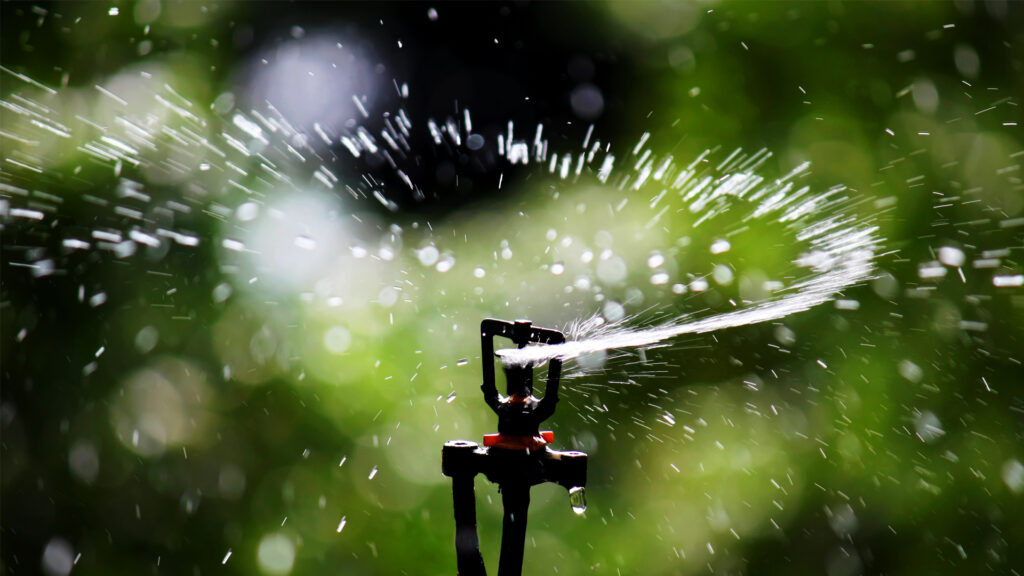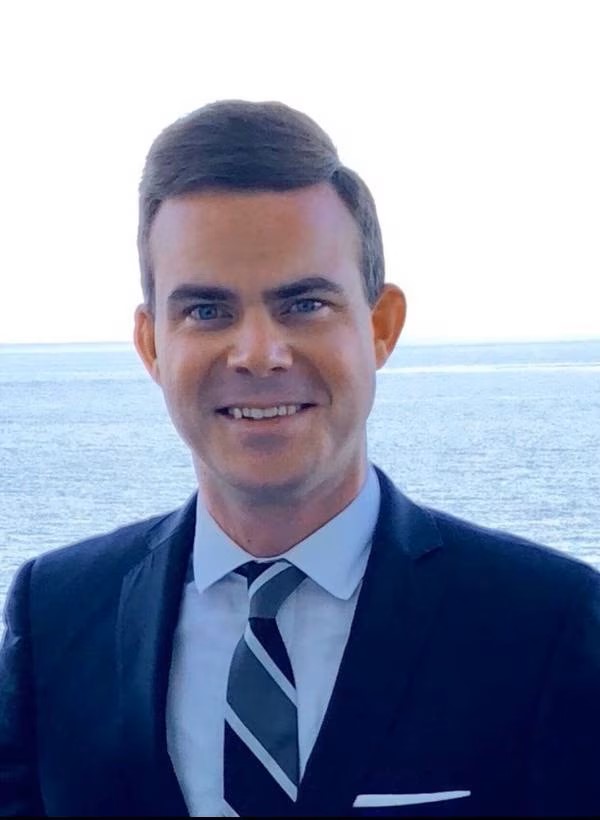By Ryan Rossi, South Florida Water Coalition
It’s difficult to imagine a shortage of water given the start of the wet season in South Florida. So far this year, the typical afternoon rainstorms have turned into tropical downpours that have wreaked havoc on local communities – just ask the city of Fort Lauderdale, which experienced record-setting rain and widespread flooding in April.
Such events speak to the magnitude of a changing climate. Even this year’s hurricane season has been unusual; while we expected a season to begin much later due to the presence of an El Niño system, water temperatures have followed air temperatures, rising several degrees higher than anticipated, making the Atlantic and Caribbean targets for earlier storm development.

Unpredictability is not only our new reality, it’s a cause of greater concern for those of us residing in South Florida — particularly with our water, which remains our most precious natural resource. Take our water supply as one example.
Based on a report that was recently released by the Florida Department of Environmental Protection, Florida’s water supply “is projected to be unable to meet all of the growing needs of Floridians in the future.” As alarming as such a headline might seem, it could very well be a cause of concern in the years to come.
Part of the reason is due to the unpredictability mentioned above. No one imagined a deadly global pandemic unsettling our lives as 2020 began. As our country reopened, no one imagined that responses to the pandemic would be inconsistent and fragmented from one state to the next, partly creating dramatic shifts in the nation’s population. Florida — and our water — remain a consequence of such moments.
Based on data from the National Association of Realtors, Florida’s population increased over 1% in 2021, and nearly 2% in 2022. While the percentages don’t seem terribly high, they weren’t necessarily expected and have created strain on both our infrastructure and our resources. With Florida’s growth showing no signs of slowing down, our concerns should go beyond traffic frustrations — more people means that we will have more users of our water, and water is not unlimited.
Population growth is just part of the problem. Other parts stem more directly from climate impacts: rising seas, more intense storms, widespread flooding and saltwater intrusion. Taken together, all of these factors are complicated to predict, expensive to solve and more complex with more people. Not to mention that some of these bring with them the potential to limit our freshwater supply.
To leave things as they are will certainly create an undesired outcome. The good news is that there are things that can be done to make the future of our water more secure.
Certainly, water conservation efforts are helpful. Fixing a drip from a leaky faucet can save as much as 20 gallons of water per day. While we all enjoy green lawns here in South Florida, turning sprinklers off after a downpour also helps reduce unnecessary water usage. Smaller, individual efforts have real benefits, especially as they add up. But they also require a broader conversation from our water managers.

Every five years, our state water management districts create a water supply plan, which includes suggestions for preserving our water supply, investing in new alternative supply methods and forecasting water usage over the next several decades. The South Florida Water Management District’s water supply plan looks forward to the next 20 years with some noteworthy recommendations for relying on alternative water supply methods, including water reuse projects that reduce stress on our aquifers and existing water supply.
These plans are forward thinking and offer benefit to residents and our environment. Further investment in these alternatives will make preserving our water supply far more achievable in the years to come. So will smart strategies with the water we have now — from our coastal cities to Lake Okeechobee. The right strategies today serve as the foundation for tomorrow’s water.
All of us — from water managers to the public at large — have a responsibility to take our water supply seriously. Preparing for the unexpected is always a difficult task, but not doing so will offer far greater consequences. Losing our water means losing it all.
Ryan Rossi is director of the South Florida Water Coalition. He lives in Boca Raton. This opinion piece was originally published by the Sun Sentinel, which is a media partner of The Invading Sea.
If you are interested in submitting an opinion piece to The Invading Sea, email Editor Nathan Crabbe at ncrabbe@fau.edu. Sign up for The Invading Sea newsletter by visiting here.



